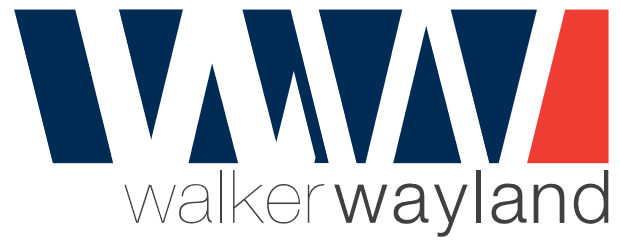Getting Ready for 2023 Fringe Benefits Tax Time
Fringe benefits tax (FBT) is a tax paid by employers on certain benefits provided to their employees, or to their employees’ family or other associates.
FBT is separate to income tax. Fringe Benefits Tax (FBT) is currently applied at a rate of 47% to the ‘grossed-up’ taxable value of fringe benefits and is paid by the employer.
As an employer, you must self-assess your FBT liability for the FBT year. The 2023 Fringe Benefits Tax (FBT) year runs from 1 April 2022 to 31 March 2023, so it is a good time to start thinking about your FBT obligations. This is an area of focus for the Australian Taxation Office (ATO).
Are you liable for FBT?
FBT was introduced to prevent employers reducing the tax liability of employees by providing benefits not recognised as income. Most employers who provide fringe benefits to employees during the course of the year need to register and pay FBT
If you are not sure whether your business is providing fringe benefits to employees, here are some key questions you should ask about employees, directors, or associates (a relative such as a spouse or child):
- Does the business provide entertainment – food, drink, or recreation activities? For example, if you had a Christmas party then the business probably provided entertainment to employees.
- Are any vehicles owned or leased by the business available for private use?
- Are any salary package (salary sacrifice) arrangements in place?
- Has the business provided goods at a lower price than they are normally sold to the public?
- Does the business provide car parking?
- Does the business provide loans at reduced interest rates?
- Has the business forgiven any debts owed?
- Has the business paid for, or reimbursed, a private expense?
- Does the business provide accommodation, i.e., a house or unit?
- Does the business provide any living-away-from-home allowances?
A common area of confusion is motor vehicles. Where a motor vehicle owned or leased by the business is used by an employee or director for private purposes (including travelling between home and work), then FBT is an issue that needs to be managed.
Another common area of confusion is entertainment. Entertainment can include food, drink, recreation activities such as movie tickets, through to non-work based travel. If you provided any entertainment benefits to employees, such as an employee attending a business lunch or party, then FBT may apply.
What’s exempt from FBT?
Certain benefits are excluded from the scope of the FBT rules. The following work-related items are exempt from FBT if they are provided primarily for use in the employee’s employment:
- Portable electronic devices (e.g., laptop, ipad, printers, GPS, etc.,) that are provided primarily for use in the employee’s employment (larger businesses are limited to the purchase or reimbursement of one substantially identical portable electronic device for each employee per FBT year);
- An item of computer software;
- Protective clothing required for the employee’s job;
- A briefcase;
- A calculator;
- A ‘tool of trade’.
How to Report, Lodge, and Pay FBT?
FBT is due for payment and lodgment by 21 May 2023 for self-preparers and tax agents who lodge by paper, or 25 June 2023 for agents that lodge electronically. However, as both these days are fall on a Sunday for 2023, the ATO will accept the due date for lodgment and payment on the next business day, i.e., Monday 22 May 2023 and Monday 26 June 2023, respectively.
Please contact our office if you would like to know more about how Fringe Benefits Tax may impact you or your business.



